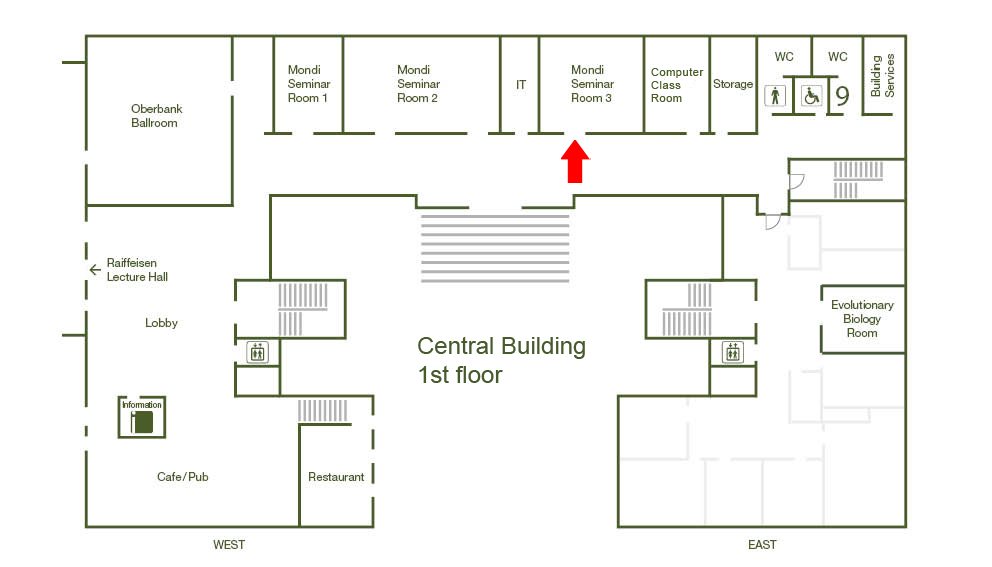What is wrong with the Nitrogen Cycle - and what can we do about it?

Nitrogen (N) is a key nutrient, essential for the survival of all living beings. Most organisms are unable to use the chemically unreactive but abundant form of di-nitrogen gas (N2) from the atmosphere and rely on the conversion to a reactive form such as ammonia (NH3) or nitrogen oxide (NOx).
By the turn of the 19th century, the development of a technology to produce and use synthetic N fertilizers, led to a dramatic increase in agricultural productivity to feed an ever growing human population. However, the low efficiency of plants to use industrially produced fertilizer continuously leads to a massive release of reactive nitrogen into the biosphere.
In my talk I will confront you with the current extent and consequences of overfertilization in the ecosystems, including effects on biodiversity and greenhouse gas productions. But I will also introduce ongoing investigations, including from my and many laboratories trying to alleviate nitrogen emissions from agriculture. In this context, you will hear about microorganisms and their activities, because exclusively Bacteria and Archaea are running the crucial interconversions of reactive compounds in the global nitrogen cycle. And of course, there are also personal behaviors to mention that everyone of us can adopt to have a positive impact on the complex nitrogen challenge.